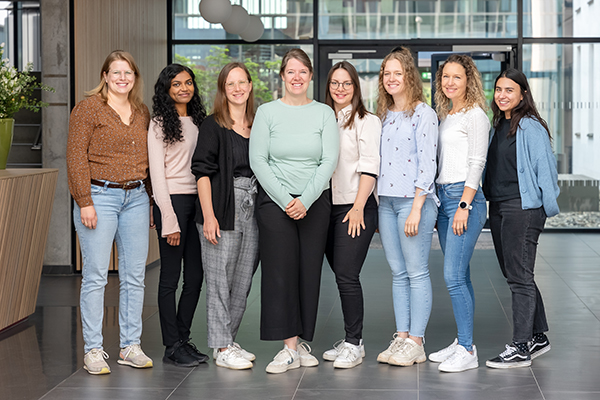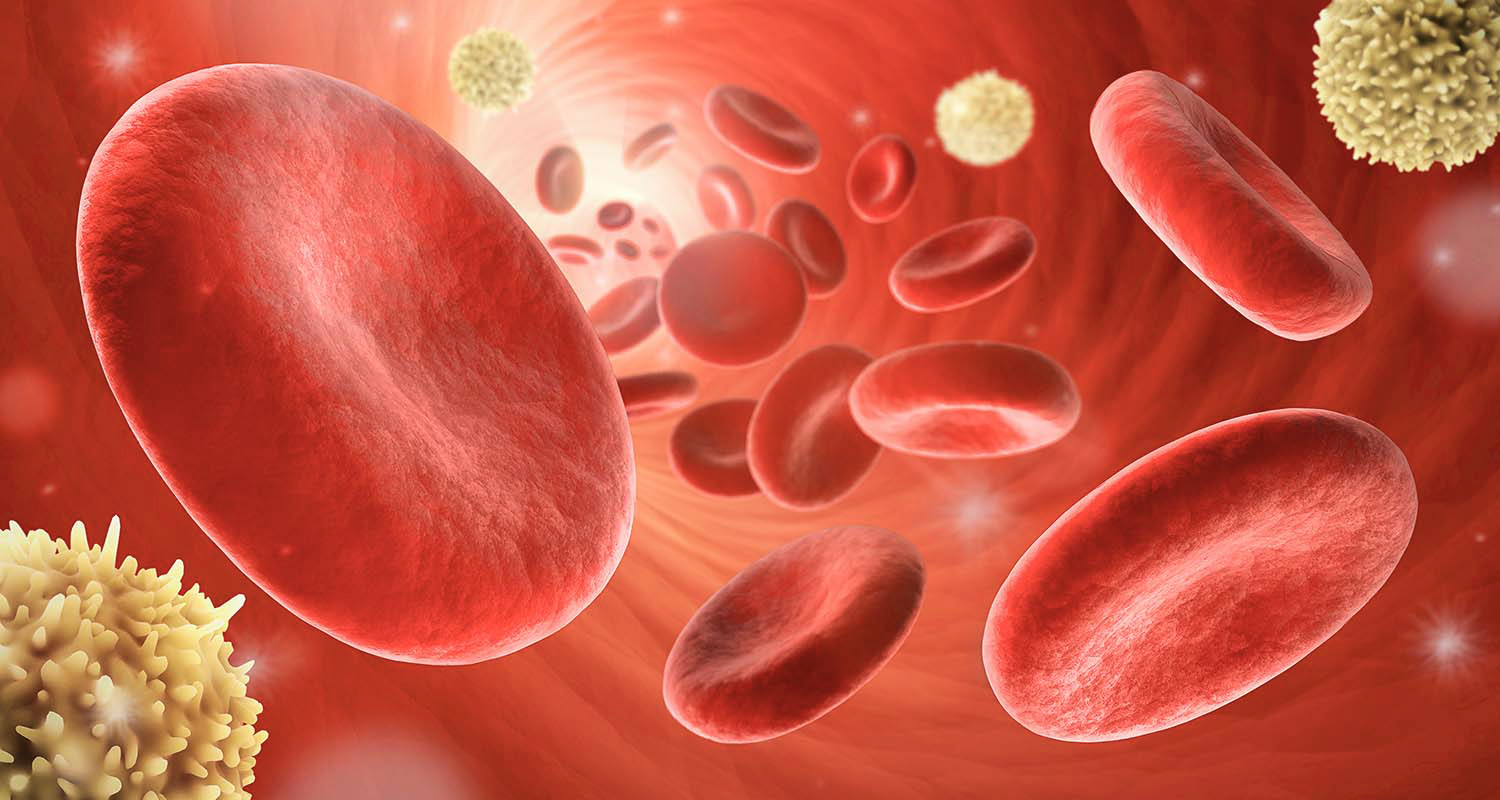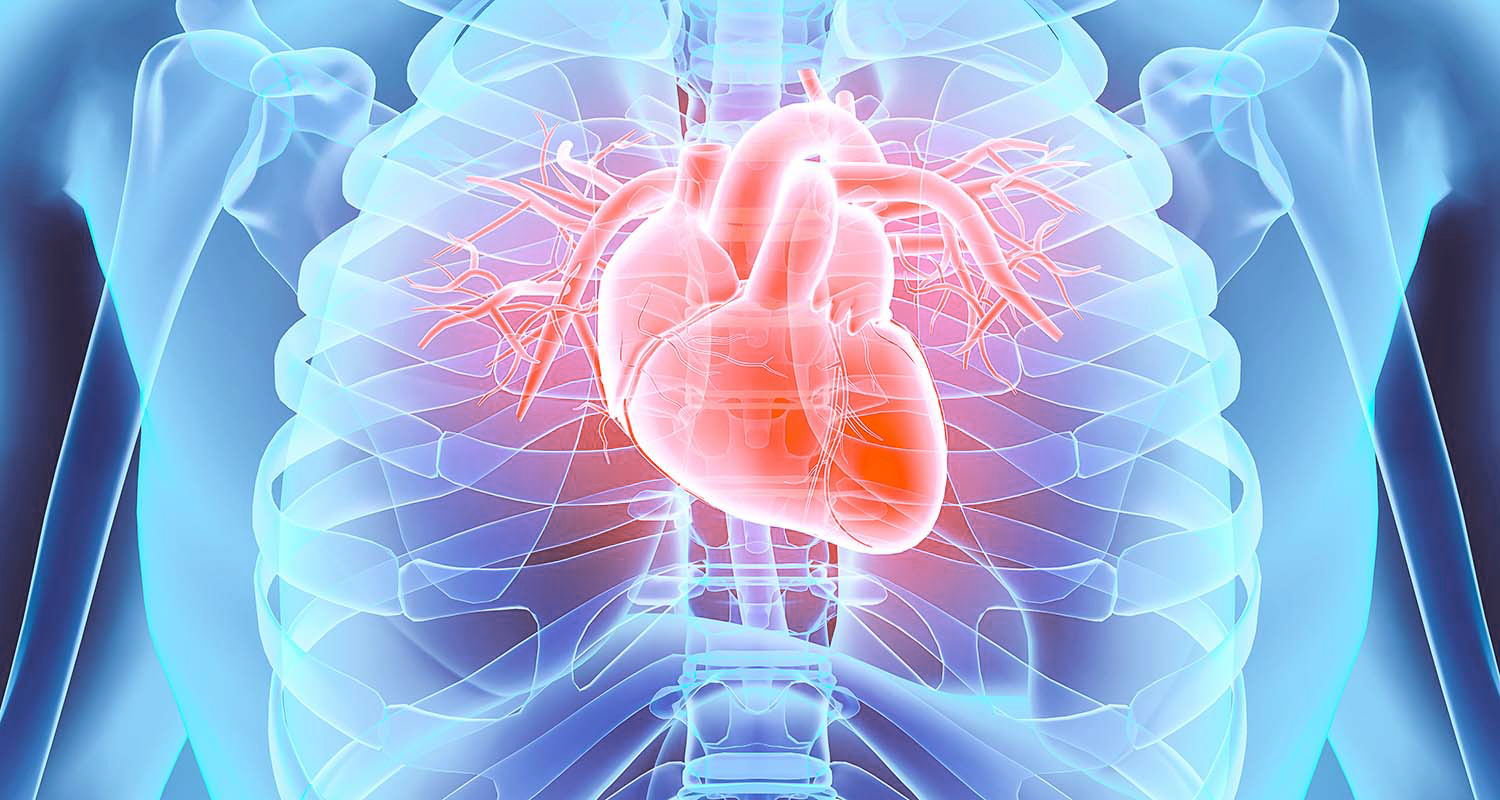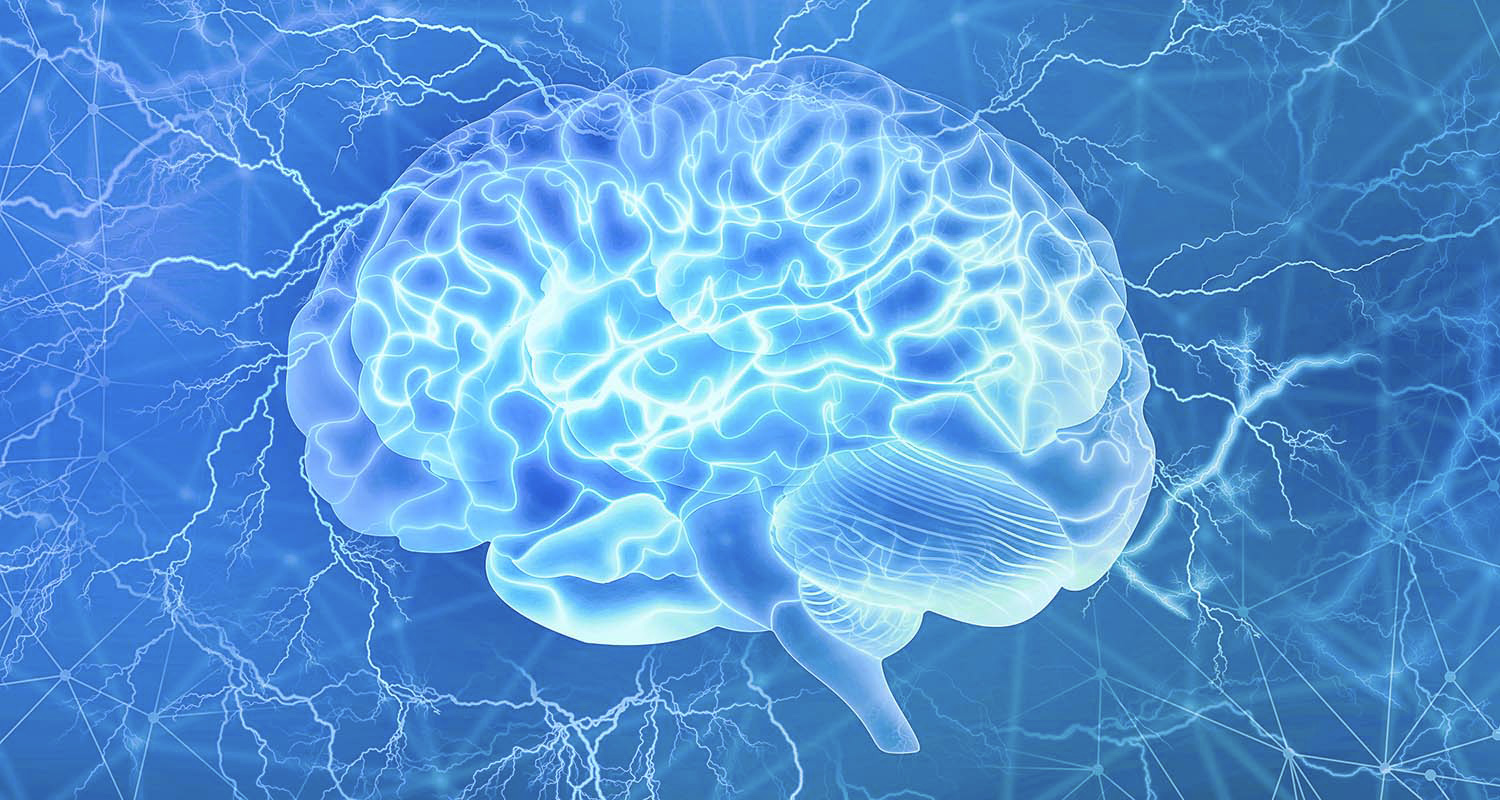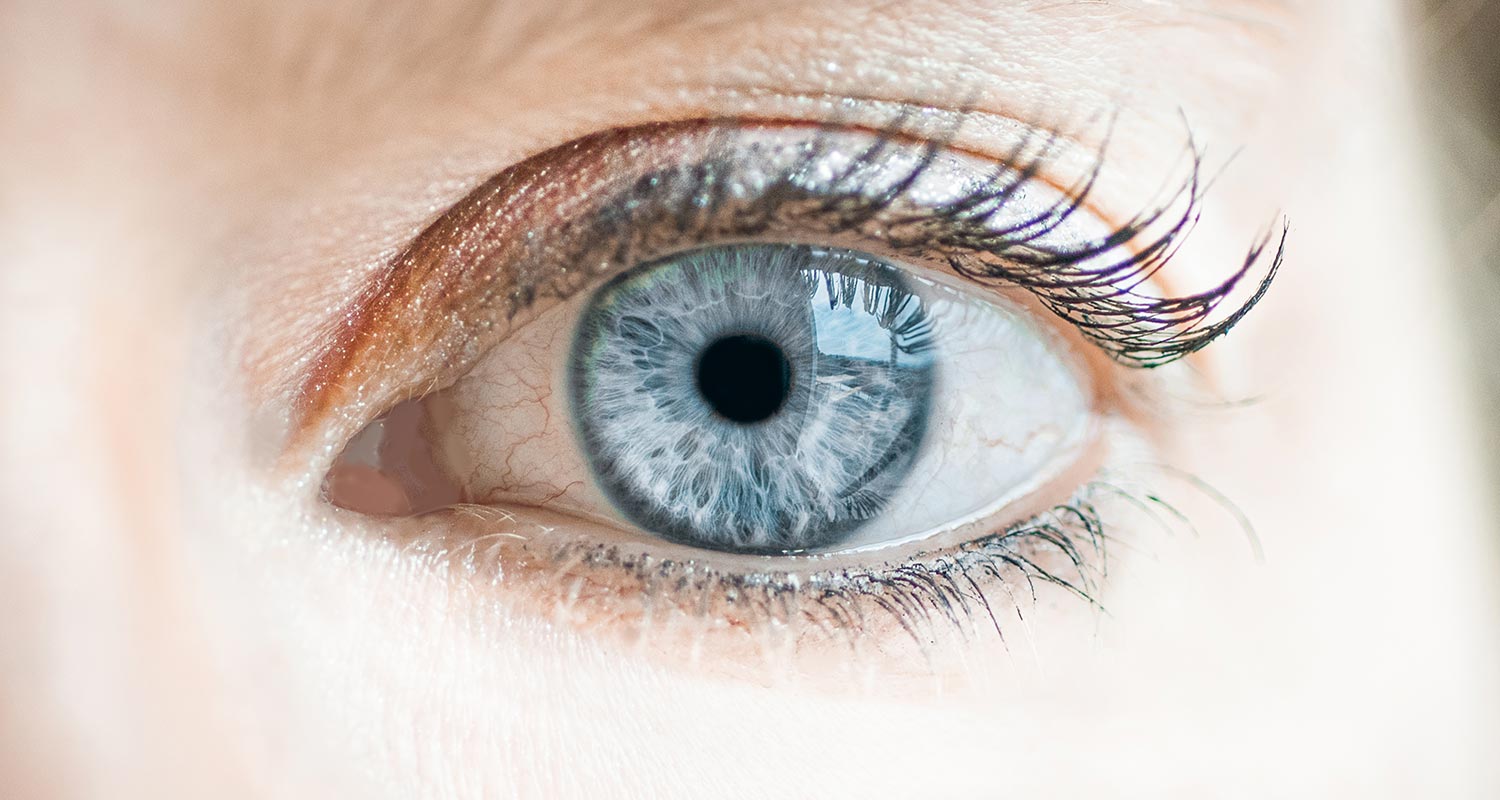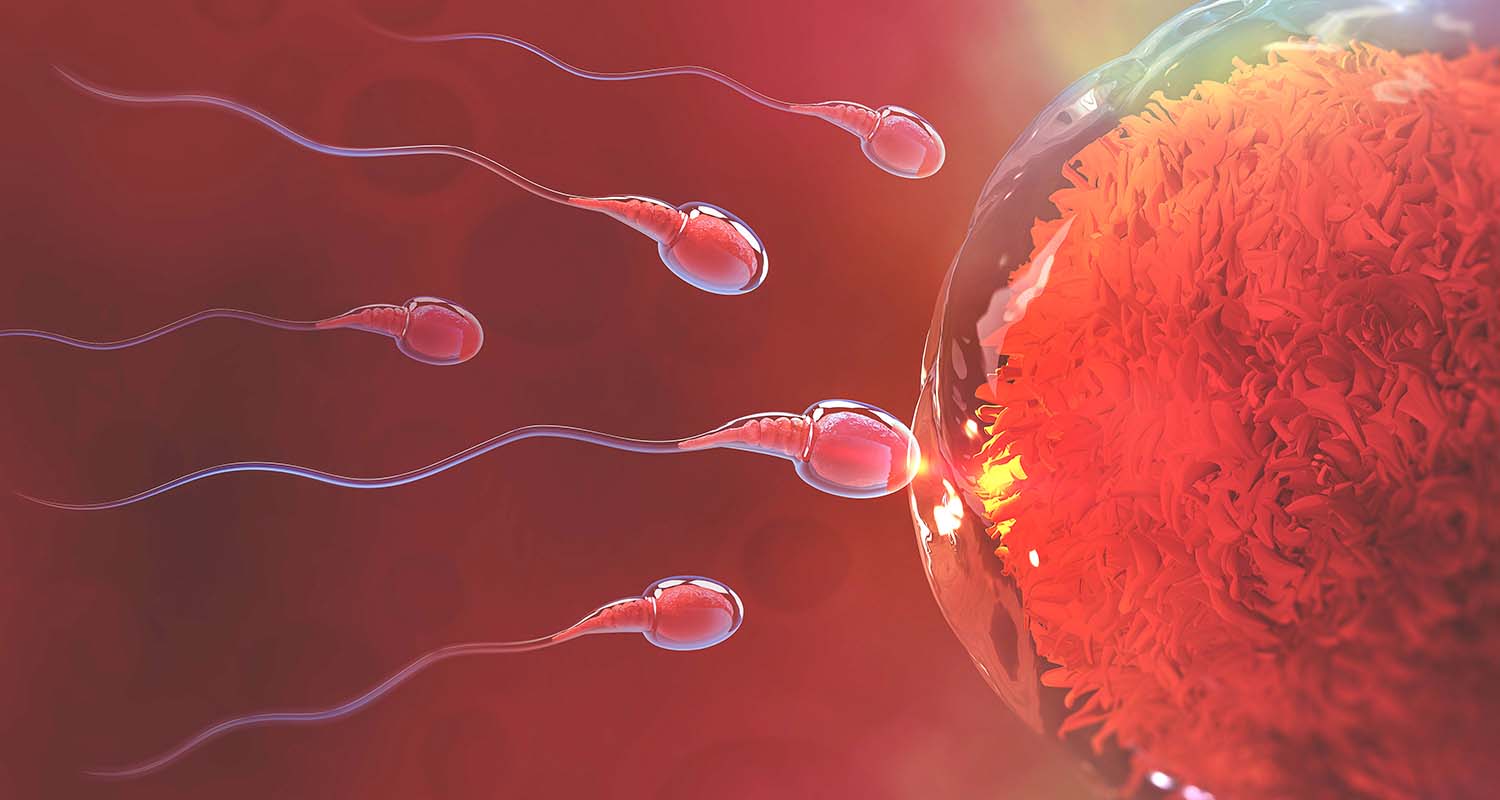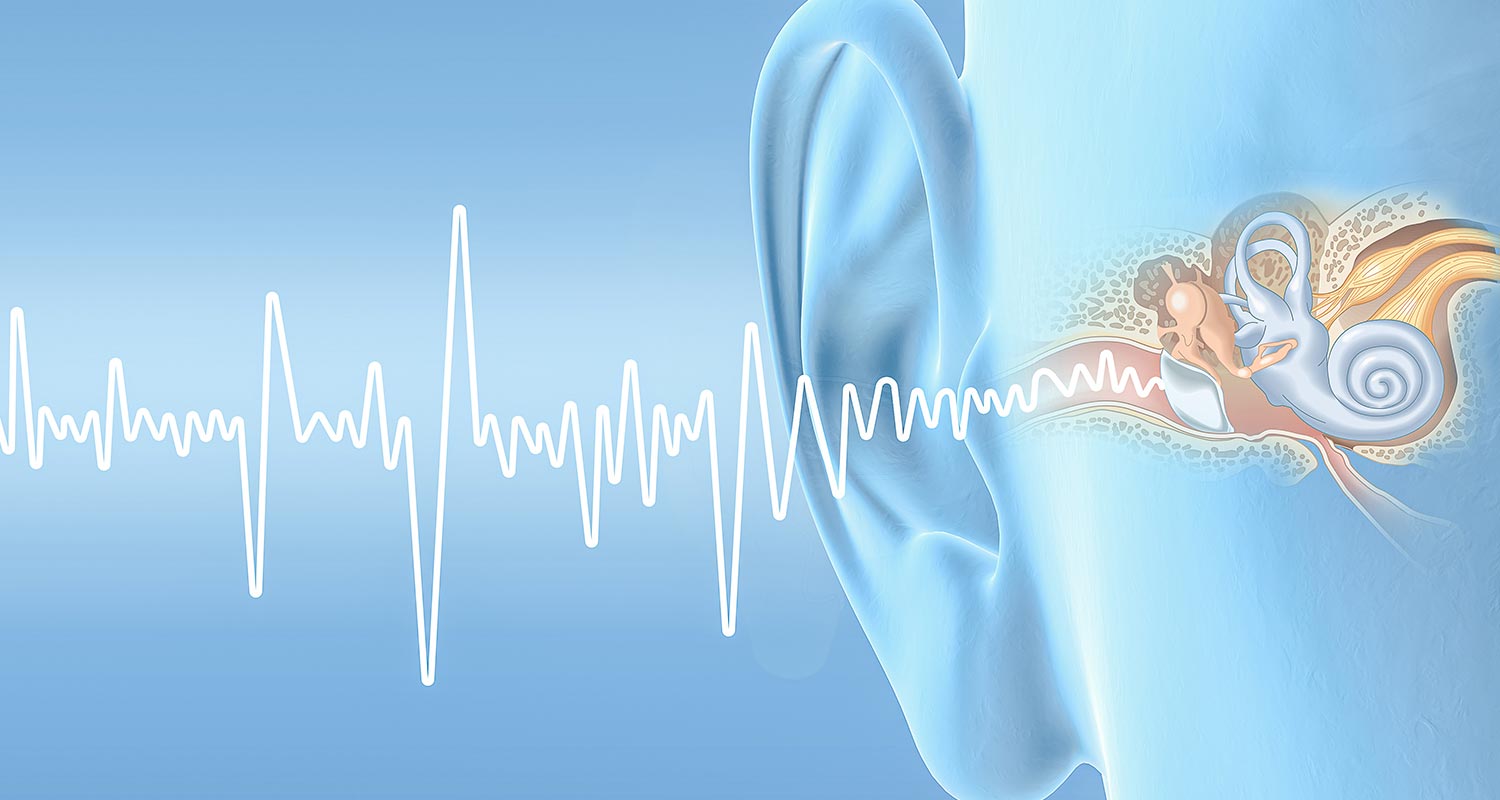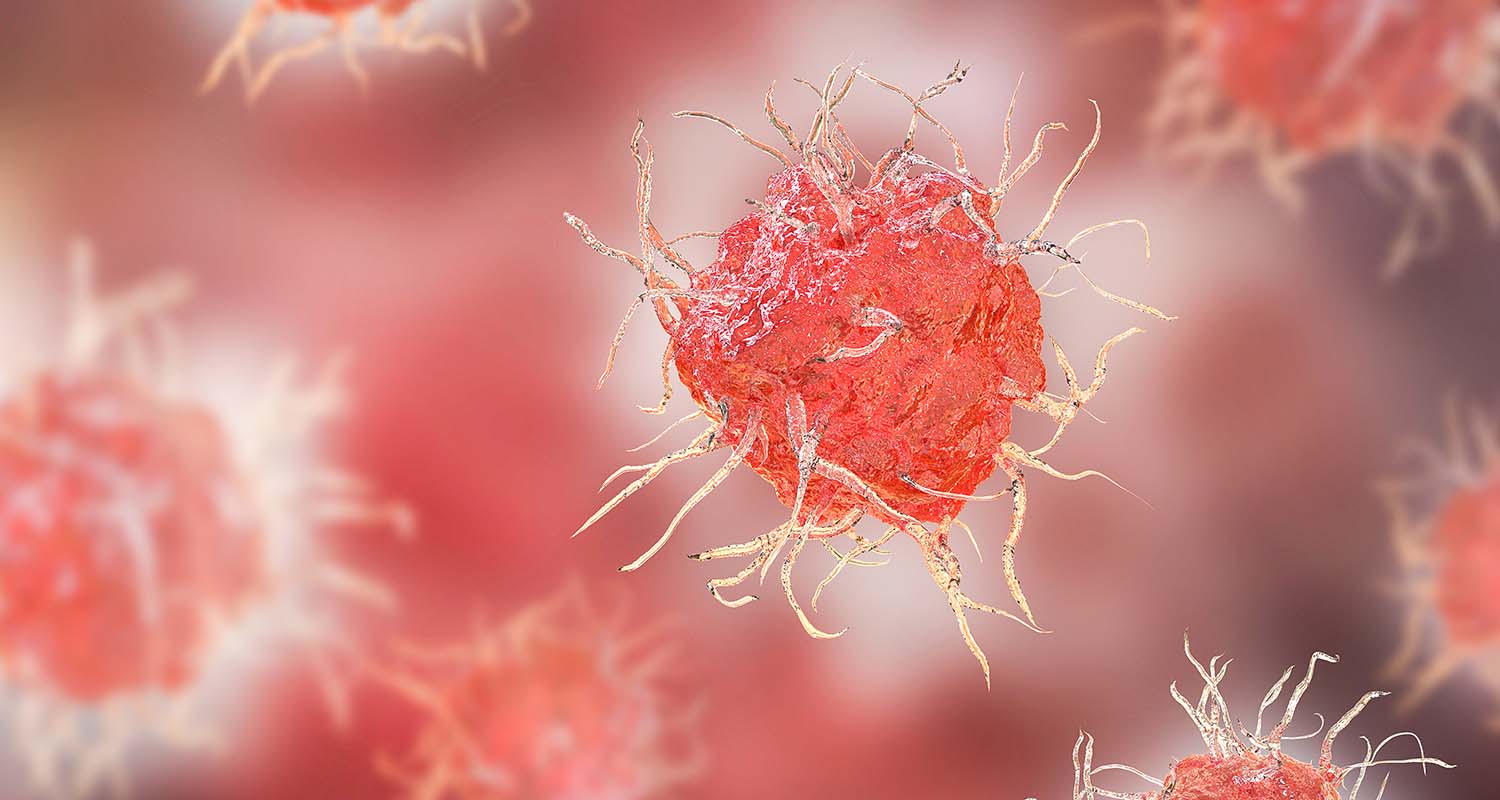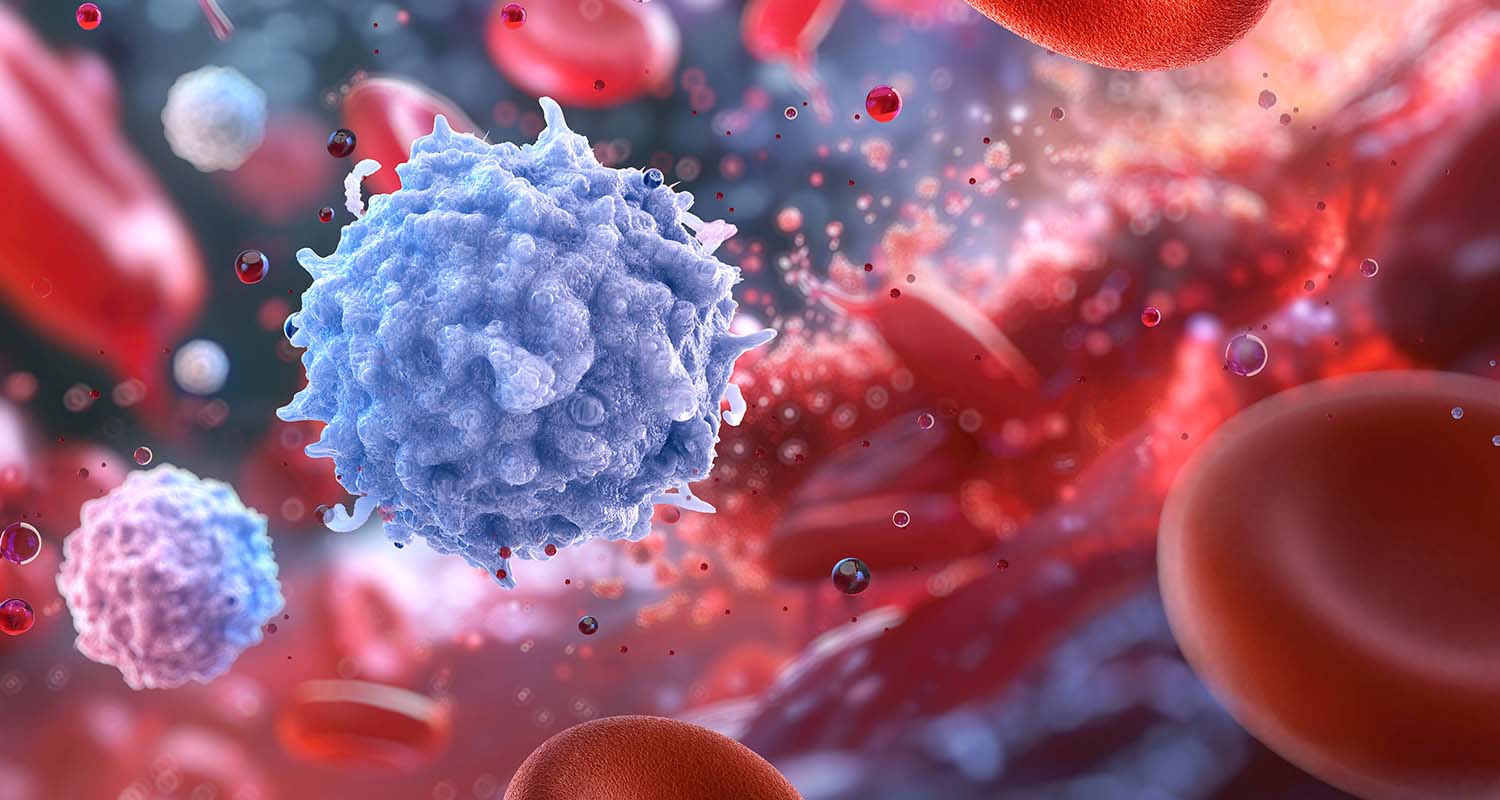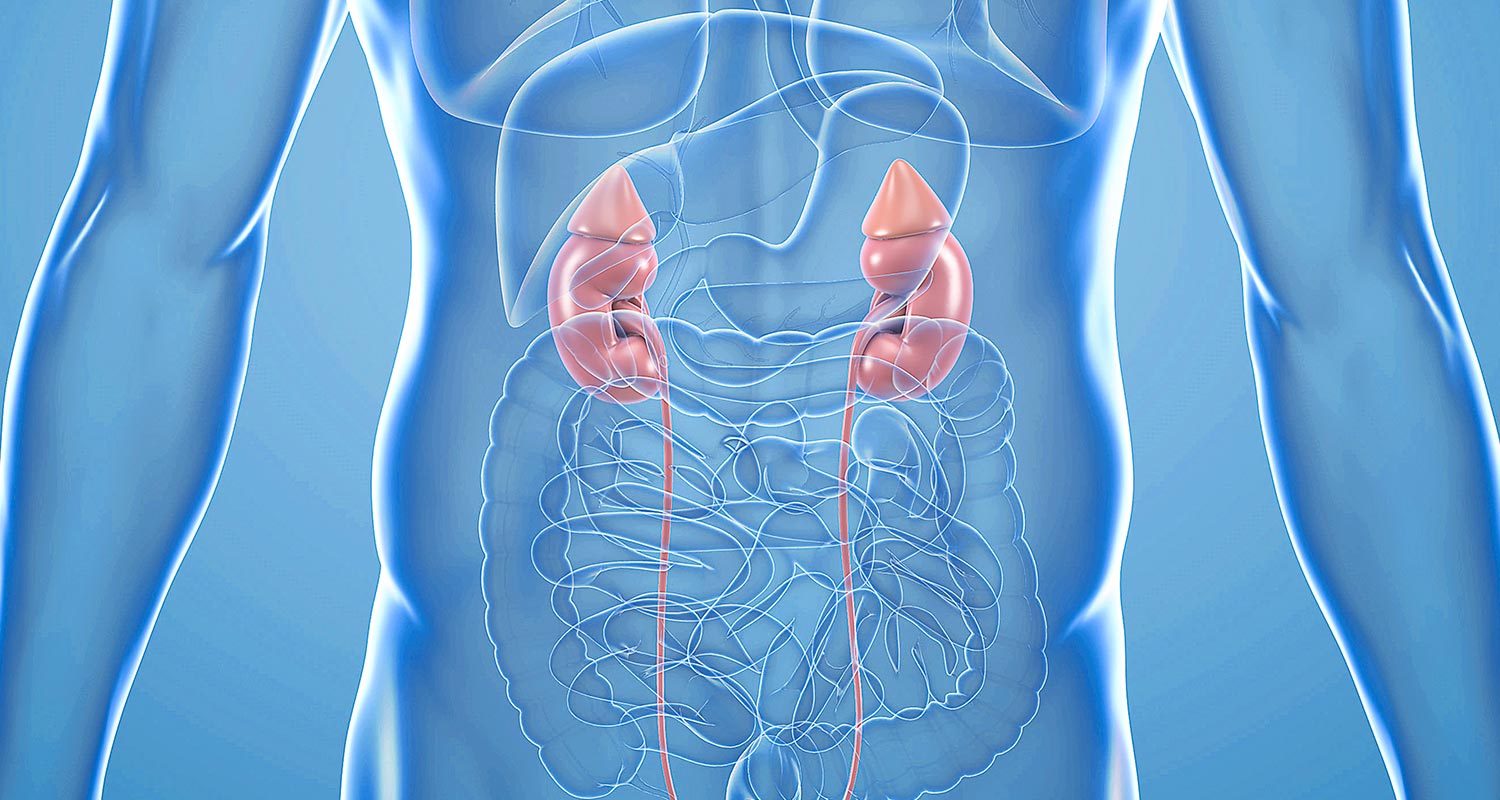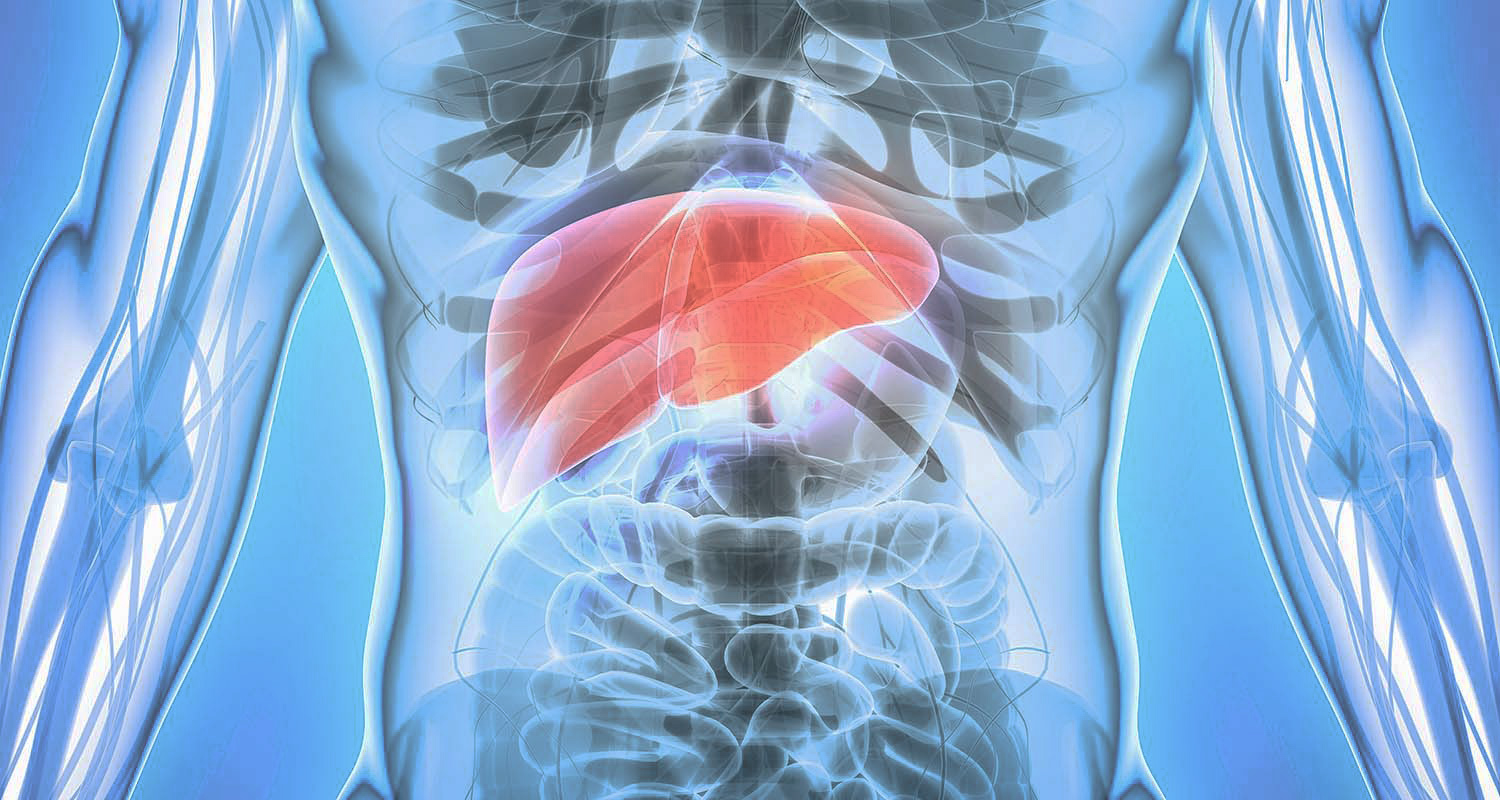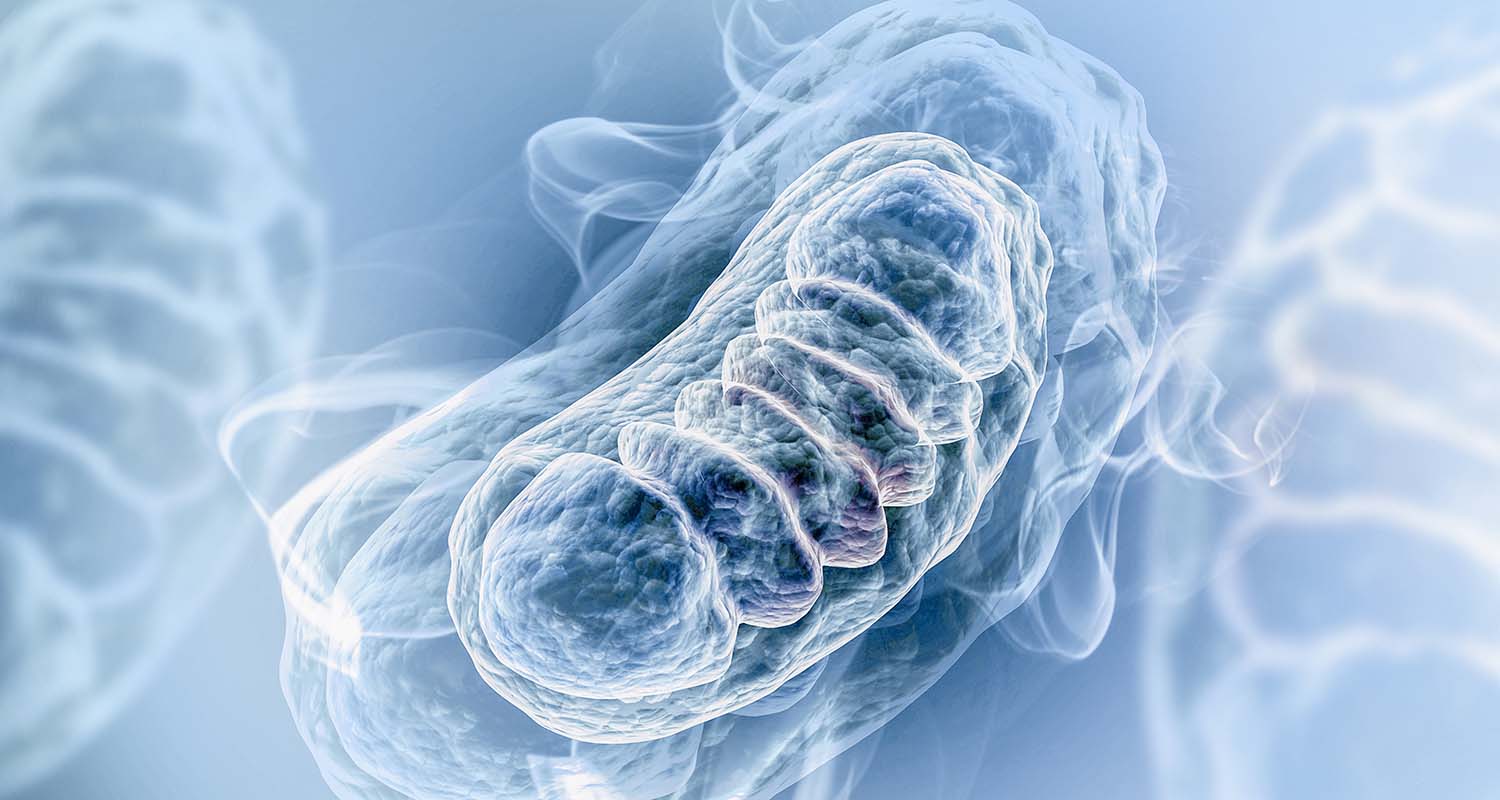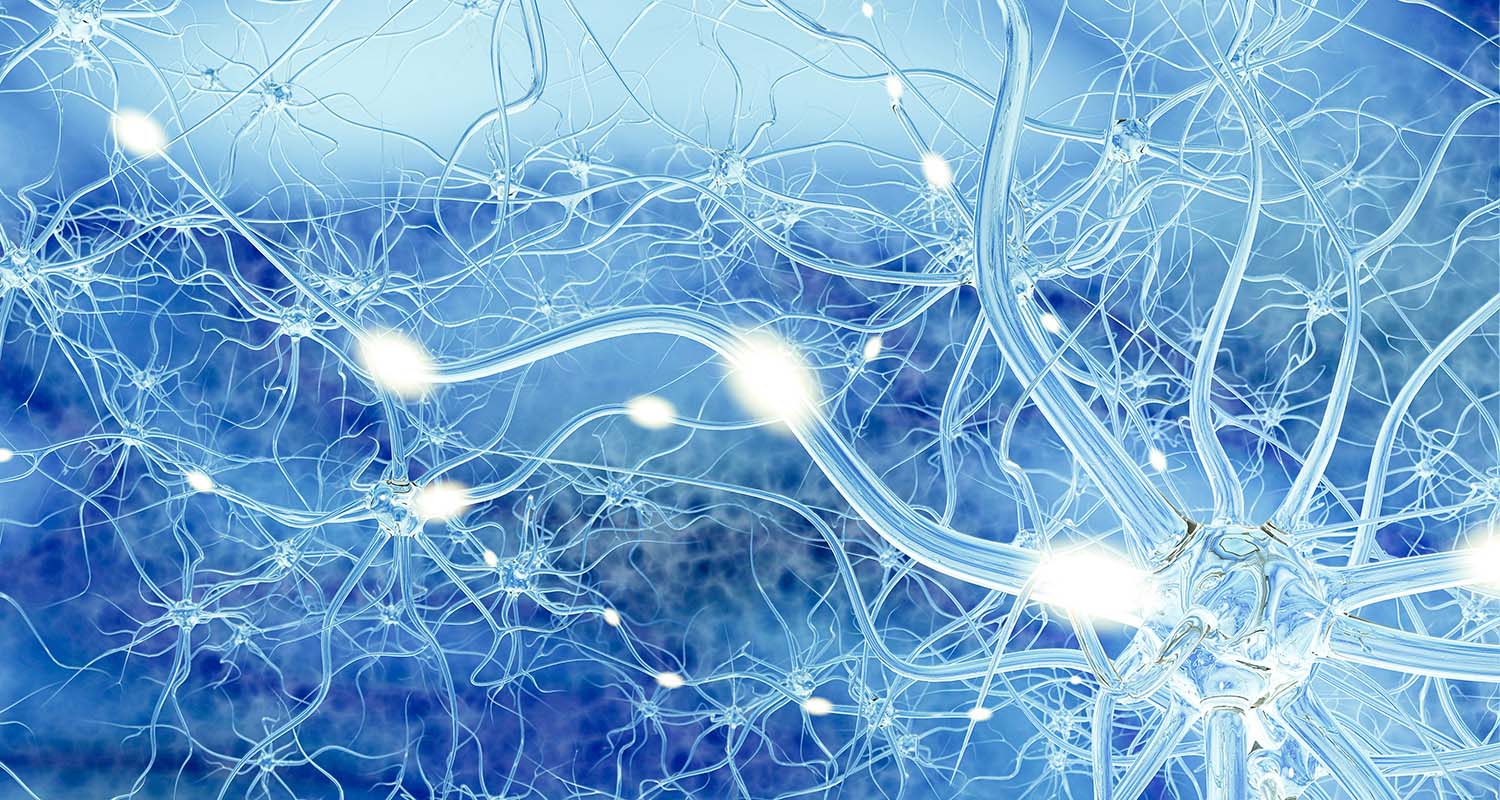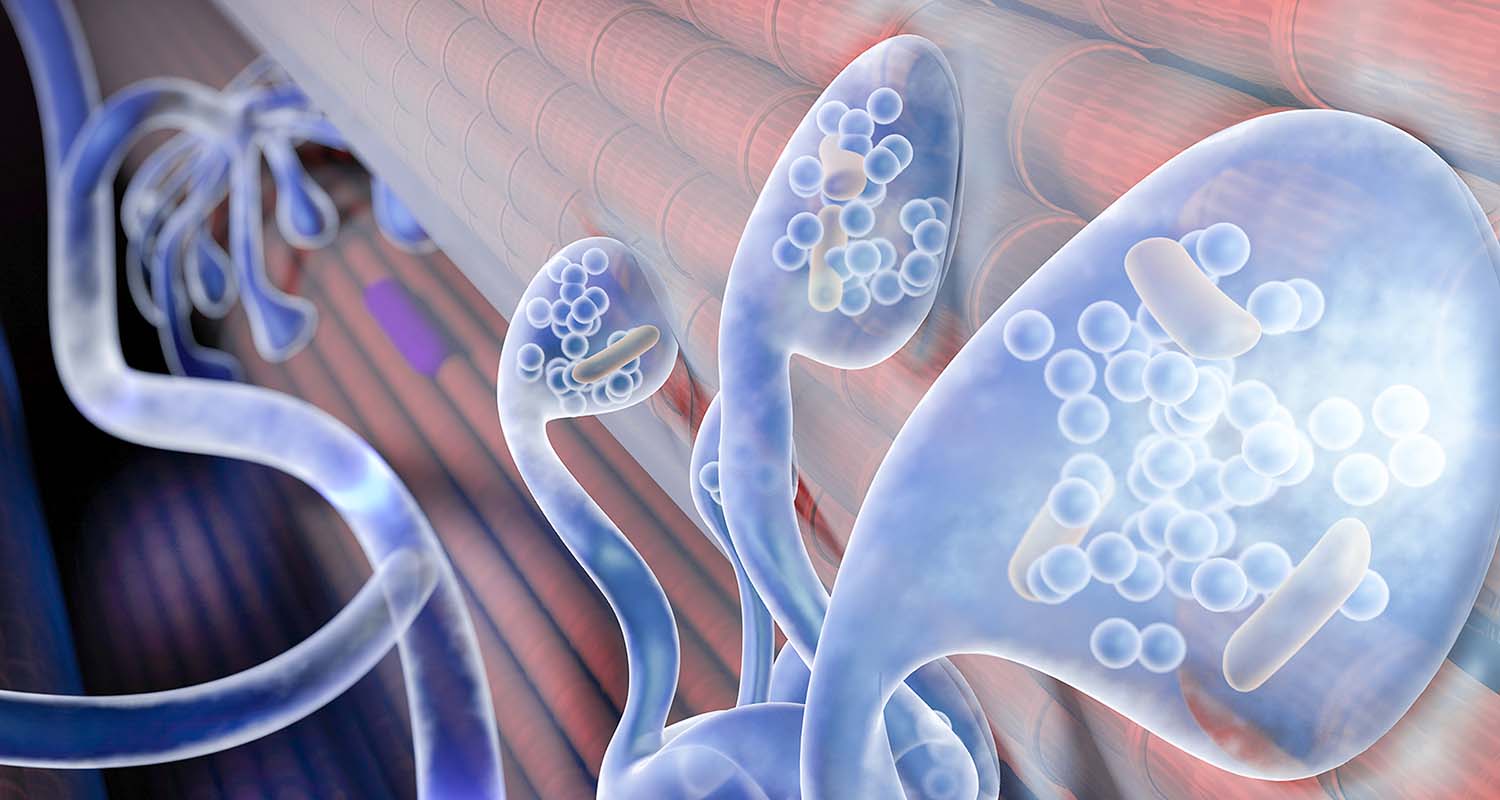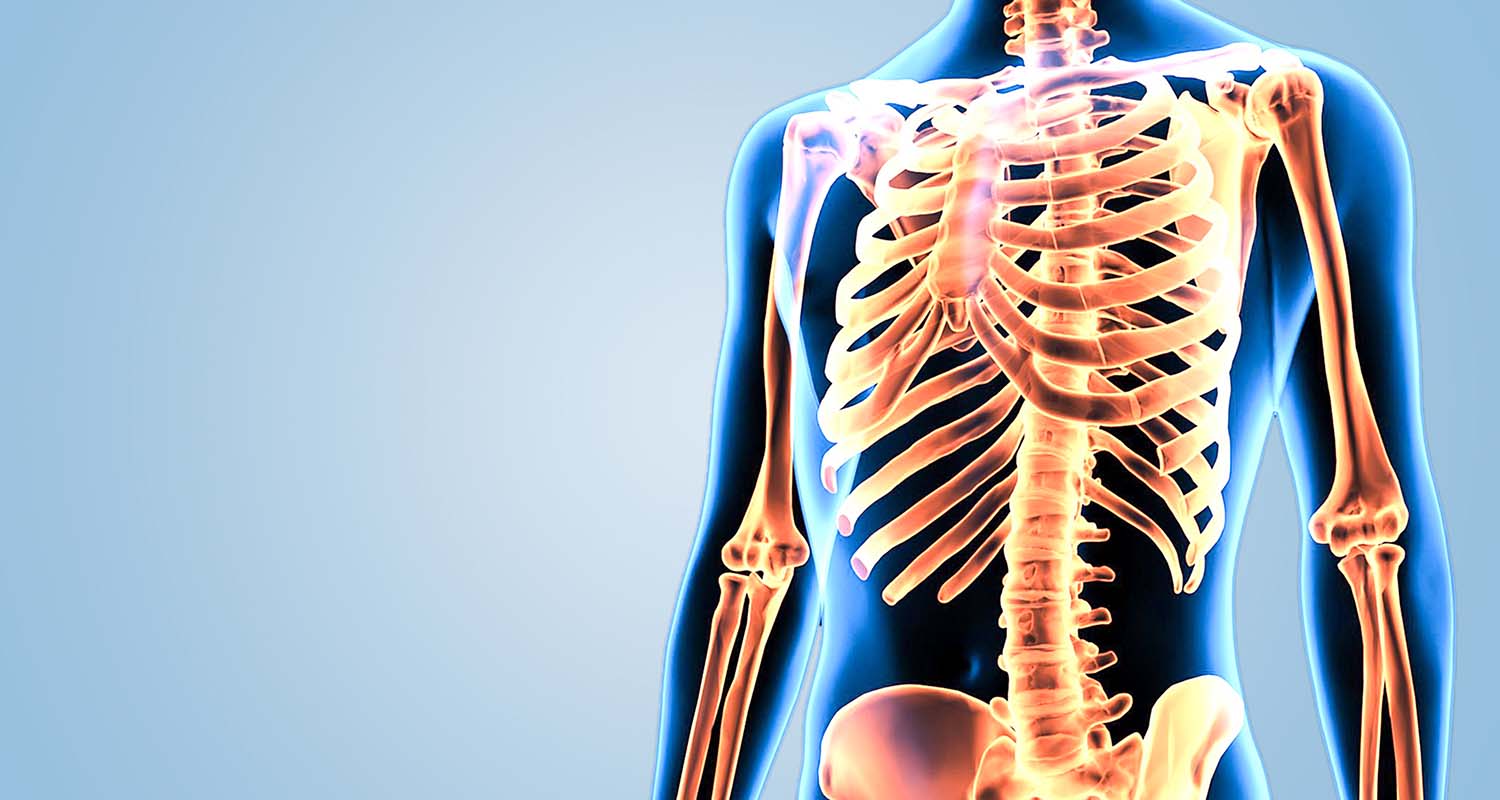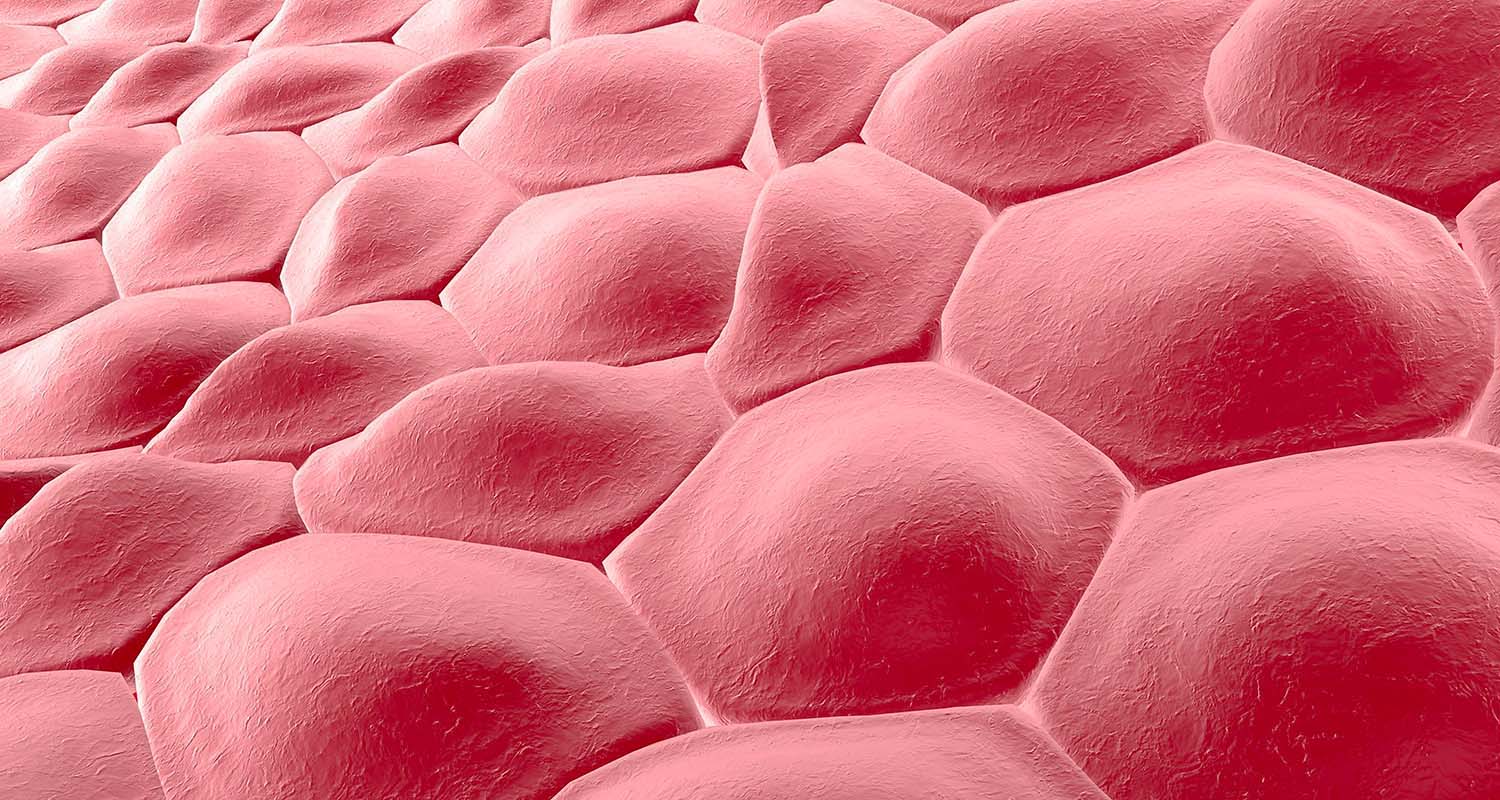How Does Genetic Diagnostics Help with Rare Diseases?
A disease that affects fewer than five in 10,000 of the general population is defined as “rare.” However, due to the number of known rare diseases, the total number of individuals affected by rare diseases is relatively high. According to current estimates, in Germany alone, a rare disease directly affects about four million people. It is predicted that, in most cases, the underlying cause is genetic in origin. With rare diseases that manifest in early childhood, the cause of the disease is likely related to the inheritance of genomic changes. Therefore, performing molecular genetic analysis on these patients is of particular importance.
For physicians, rare diseases are a unique challenge. The diagnostic and therapeutic procedures are often complex, and clinical routines are rarely standardized. This is particularly important when multiple organ systems are affected, and the expertise of professionals in many disciplines is required. Therefore, a good cooperation between the family physician, disease specialists, and scientific experts is essential for early diagnosis. However, for some patients who are suffering from a rare disease, there are currently no therapies available.
Molecular genetic confirmation of a suspected diagnosis often means the end of a long odyssey, often lasting years, in search of the cause of a medical condition. At the same time, it represents the starting point for more specific information about the disease’s progress and prognosis and the optimal therapeutic intervention for the patient. Even if there is currently no known specific treatment available, knowledge of the etiology and mechanisms of the disease can form the basis for a future treatment strategy or innovative treatment options. In addition, it provides information on the mode of inheritance and, thus, the probability of other family members inheriting the disease. This, therefore, gives concrete information regarding family planning and disease risk for current family members. An established diagnosis reduces bureaucratic obstacles, including applying for assistive devices and rehabilitative and nursing measures. It can also facilitate communication with specialists, allowing for inclusion in clinical trials and support groups, access to specialized medical devices, or fast access to treatment options.
Our Accreditations
Binding standards guarantee the quality of our work: Our laboratory services are accredited according to CAP/CLIA and DIN EN ISO 15189. You can find further accreditations and certifications here.
You Are also Welcome to Take a Look at the Following Areas
Contact Us
Do you have a question, or are you interested in our service?
Diagnostic Support
We will assist you in selecting the diagnostic strategy – for each patient.
